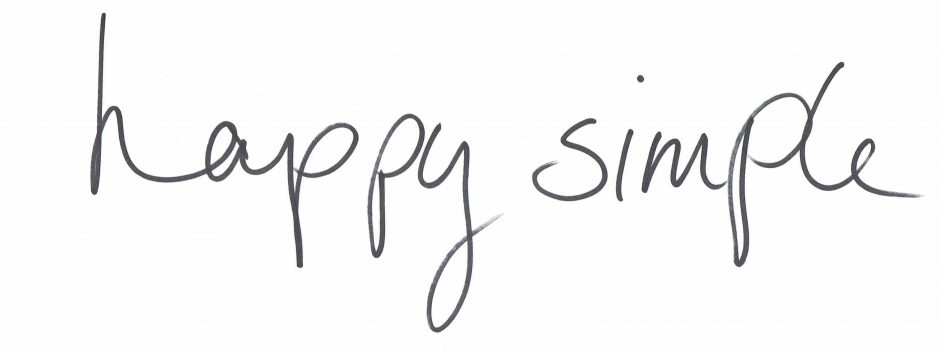
I’ve been focussing lately on lowering my carbon footprint and lessening my environmental impact.
One area that needed work was the amount of food Alan and I were wasting. It was shameful. But with a bit of thought and a change in the way we plan our meals, we’ve cut it back considerably.
The first step was to cut way back on the amount of food coming into the house. Before we started, our fridge was FULL. Like, who knows what’s in there, it’s so full!
So I suggested to Alan that we take a break from shopping for a while and use up what we have.
This wasn’t easy for him. He goes to a few farmers’ markets each week, and the other vendors are really great about buying our bread. We like to support them where we can, but we’re only two people. We don’t eat that much. And, we realized, buying food only to waste it in no way honours them and all the work they put into growing their produce.
So we had a spending fast while we emptied out our fridge.
I recommend this approach if you find yourself tempted to bungee your fridge door closed. If you’re uncertain that your fridge has a back wall because it’s been so long since you’ve seen it. If opening the crisper drawer fills you with dread.
Once we had a less obstructed view of things, we started buying only the amount of veg that we can get through in a week. We make an exception for things like onions, carrots, celery, and potatoes that last a long time and get used in so many dishes. But we still keep it reasonable. A small bag of onions. One head of celery. A pound of potatoes.
For the more fragile stuff, we go with one or two ingredients a week. A head of broccoli OR a head of cauliflower. Maybe a squash OR a sweet potato.
And then we STOP BUYING.
It’s just the two of us in our house. Your food needs might be bigger if you live with more people. But I’m sure you have a good idea of how much your household eats in a week or whatever the time frame is between shops. Buy enough to fill that need and no more.
Your fridge will have empty spaces in it. That’s a good thing. According to an article on Choice Home Warranty, “Too much food in your refrigerator makes it difficult for air to circulate and keep food cool enough. The motor will have to work overtime, and this can lead to excess wear, tear, and ultimately, failure that will spoil your fridge full of food.”
Once our shopping was more in line with our food use, we concentrated on eating it up before it went bad. And this is where the change in our meal-planning came in.
Because Alan trained as a chef, we had fallen into the habit of checking with our taste buds before cooking dinner. This made for some lovely, memorable meals. It also led to a lot of waste.
We’d make a gorgeous meal. Pack the leftovers away in the fridge. The next night, we’d do the same, with the new leftovers pushing the previous ones toward the back. And so on.
We did eat up some of the leftovers for lunches, but not often enough. We had to change our approach.
Now, when we’re planning dinner, we check what’s in the fridge before we decide what we want. It can be last night’s leftovers or those sweet peppers that need using up. We grab what needs eating up and plan the meal around that.
Some nights will be a straight reheating of the leftovers, including a festive Smorgasbord o’ Leftovers. One night we had a little bit of leftover stew, seemingly not enough for a meal, but served on a slice of bread (we know this great bakery), it was plenty.
Sometimes there’s just a random assemblage of ingredients. I type them into a search field and up come a bunch of recipes.
We’re throwing away SO MUCH LESS food! Most of it comes in the prep phase – onion skins, carrot peelings, that sort of thing. And that will be my next bit of focus – gathering up the usable scraps and freezing them until I have enough to make broth.
Once our city rolls out their municipal composting programme, we’ll save up the inedible bits and put them in our green bin. Yay!
Whether we’re eating up leftovers or trying an exciting new recipe, we follow the same dinner ritual. We set the table, light some candles, and spend an hour or two eating and chatting and enjoying each other’s company. The food is only one part of what makes a great meal. The time and the sharing and the people round the table mean as much.
Food is precious. Wasting it dishonours the earth that provided it, and the people that grew it.
How about you? Any tips for minimizing food waste? Do please share them in the comments!
Photo by Thought Catalog on Unsplash

My newsletter goes out twice a month and includes links to my blog posts as well as highlights of my Medium articles. If this sounds interesting to you, you can sign up using the handy form below




